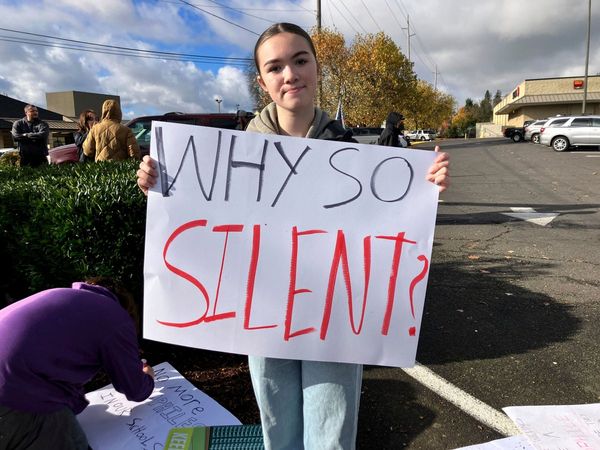Next week, the new stage three tax cuts will come into effect and it seems that women will be the real winners.
Below, we explain exactly how women will benefit from the cuts and what’s going to change come July 1.
How Will The New Tax Cuts Benefit Women?
Under the new plan, the average female taxpayer will receive a tax cut of $1649, according to a statement released on January.
The stage three tax cuts were originally established by the Morrison Government in 2019 but will undergo structural changes before coming into effect next week.
Most significantly, the cuts will now include those earning less than $45,000 a year—with 63 per cent of this demographic being made up of female workers. The changes will the lowest rate of income tax reduced from 19 cents per dollar down to 16 cents.

During a conference at the National Press Club, Albanese said that the average early childhood educator, aged care worker or cleaner earning $50,000 were the most likely to benefit with an expected average tax cut of more than $900 a year. He also highlighted the importance of the tax cuts for women with young children.
“These tax cuts will provide meaningful help for parents returning to work, particularly women with young children. Because one of the things that we know is that when women with children are making decisions about how many hours an increase in their take home pay is a powerful incentive,” he said.
“And this is where our broad and fair tax cuts are better for workers and also deliver for business by increasing workforce participation.”
The Womens Economic Equality Taskforce chair, Sam Mostyn, took to X (formerly known as Twitter) with a statement noting that the taskforce had recommended a gender analysis of tax.
“The Womens Economic Equality Taskforce recommended gender analysis of Australian tax & transfers system @Treasury_AU analysis of redesigned stage 3 tax cuts shows the important benefit to women in these changes. Very good for women & our economy,” she wrote.
The new regime will see every single Australian female taxpayer receive a tax cut with 90% of female tax payers receiving a bigger tax cut than they would have under the previous plan.
It is predicted that the tax cuts will bring a boost of 630,000 additional hours per week worked by women, simply because it will be easier for women to keep more of what they earn. This makes it more likely for women to want to take on extra hours and additional shifts.
What’s Changing On July 1?
Tax cuts
The stage three tax cuts are the biggest changes to come into effect in the new financial year,.
This change will see every Australian experience a rise in their take home pay, with every Australian household expected to receive at least 40 dollars more per week.
You can find out your exact tax cut on the Australian government’s official tax cut calculator.
Energy Bills
More than ten million households will be provided with energy bill relief through a $75 credit on quarterly bills.
Queensland and Tasmanian governments are also providing residents with additional energy bill relief on July 1, with Queenslanders receiving a $1000 benefit and Tasmanian’s receiving $250.
Wages
The minimum wage will rise 3.75 per cent.
This means national minimum wage will increase from $882.80 to $915.90 per week ($23.23 to $24.10 per hour).
Superannuation
The new changes will also see your superannuation balance rise with the superannuation guarantee rate increasing from 11 per cent to 11.5 per cent.
Centrelink
Those accessing centrelink payments will benefit from a rise from routine indexation.
This includes those on the age and disability support pension, carers payment, parental payment and family tax benefit payment.
This article originally appeared on Marie Claire Australia and is republished here with permission.







